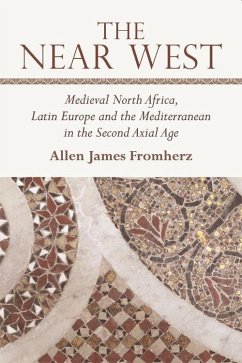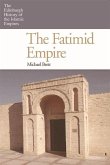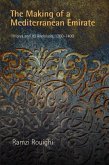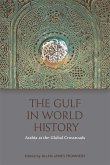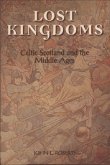'A fast-paced and innovative look at the medieval western Mediterranean which will leave the reader intrigued, fascinated, and eager to know more about the unexpectedly cosmopolitan character of the "middle sea", the oft-forgotten role of the Berbers in that cosmopolitanism, and the surprising contributions of southern, Muslim knowledge to the efflorescence of northern Christian shores.' Amira K. Bennison, University of Cambridge Tells stories of interaction, conflict and exchange in North Africa and Latin Europe Viewing the history of North Africa and Europe through the eyes of Christian kings and Muslim merchants, emirs and popes, Sufis, friars and rabbis, this book argues that they together experienced the twelfth-century renaissance and the commercial revolution. In the midst of this common commercial growth, North Africa and Europe also shared in a burst of spirituality and mysticism, instigating a Second Axial Age in the history of religion. Challenging the idea of a Mediterranean split between Islam and Christianity, the book shows how the Maghrib (North Africa) was not a Muslim, Arab monolith or an extension of the exotic Orient. Rather, medieval North Africa was as diverse and complex as Latin Europe. Instead of dismissing North Africa as a sideshow of European history, it should be seen as an integral part of the story. Key Features - Shows how medieval Western European and North African history were part of a common Western Mediterranean culture - Provides a political, cultural and social history of the region - Primarily based on personal biographies of remarkable Mediterranean travellers, scholars, rulers and historians - Examines key elements of this history: commerce, slavery, mercenary activity, art and intellectual and religious debates Allen James Fromherz is Director of the Middle East Studies Center and Associate Professor of History at Georgia State University. He is author of Ibn Khaldun, Life and Times (Edinburgh University Press, 2010), The Almohads: The Rise of an Islamic Empire (2012) and Qatar, A Modern History (2012). Cover image: (c) Allen James Fromherz Cover design: [EUP logo] www.euppublishing.com [EUP logo] www.euppublishing.com
Hinweis: Dieser Artikel kann nur an eine deutsche Lieferadresse ausgeliefert werden.
Hinweis: Dieser Artikel kann nur an eine deutsche Lieferadresse ausgeliefert werden.

